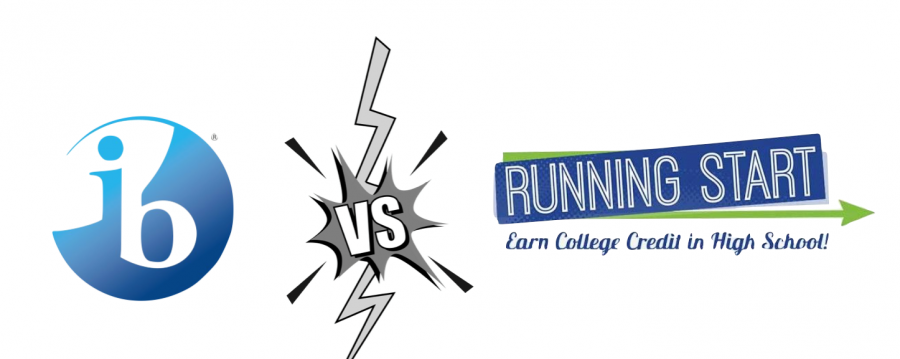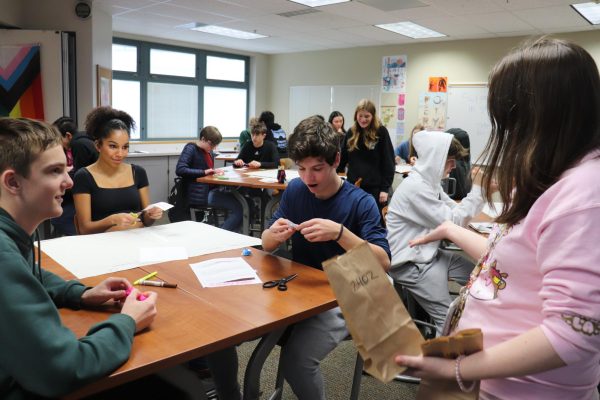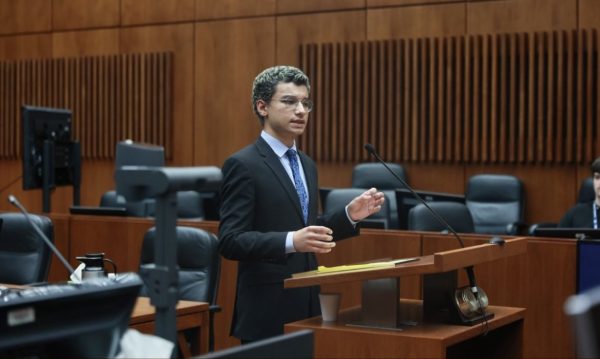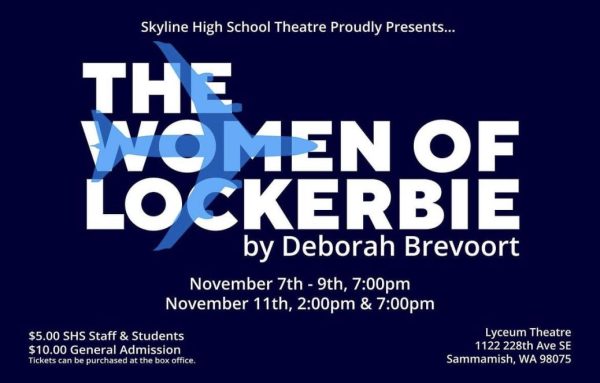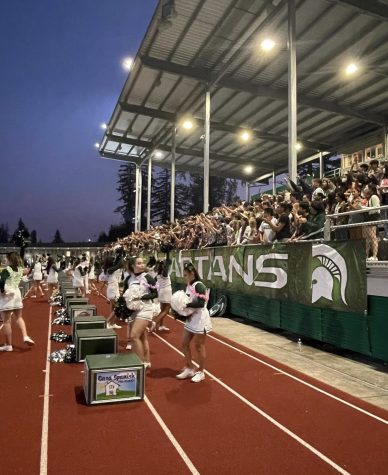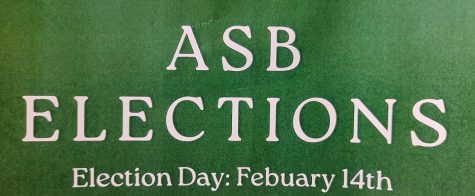The Century-Long Debate: Running Start or IB
April 30, 2021
Going the IB track versus Running start is a difficult question that many sophomore and freshman are faced with during course selection each year. On one hand, you are taking challenging college-level courses while you struggle with your peers, on the other hand, you are taking direct college classes away from your regular classmates. But fear not, as fellow Skyline students share their experiences about these two programs.
To give more insight, IB refers to International Baccalaureate, which is a nonprofit organization that offers a college-level education curriculum that is based on international standards.
When choosing to become an IB Diploma candidate, it means that most if not all classes you take are IB courses. Connie Huang, a current junior at Skyline, is an IB diploma candidate. She describes the IB Diploma experience as a transition from high school to college, which has taught her a lot more about managing work and understanding her own limitations.
“It has been one of the most challenging years for me mainly because of the workload,” Huang said. “In freshman and sophomore year, it usually took 3 hours maximum to do honors block homework, but with IB block, it takes 3 hours each for English and History, the workload has almost doubled.”
On the bright side, she is able to share her suffering with those who are on the same boat as her. Though IB creates a lot of unnecessary competition among peers, there are also people who are willing to collaborate and share important information with each other.
Challenging coursework also comes with enriched knowledge. Huang expresses great admiration and appreciation for her IB block teachers, who she described as “human encyclopedias”. Whenever she asked questions, her teachers were always able to resolve her confusion, explaining them in detail. She’s also been able to learn more about topics briefly mentioned in on-level class, since IB classes go more in-depth with bigger projects.
Overall, Huang advises students to definitely choose wisely, because it is not for everyone, and depends a lot on how much one enjoys their classes and teachers. There are also options like taking IB courses without doing IB Diploma or trying out IB Career-Related programs (similar to IB diploma but students take IB courses focused on a career path they’ve chosen, which does not require one to have a full IB course schedule).
The other major path that one can take during either Junior year or Senior year is Running Start, a tuition-free program that allows 11th and 12th-grade students the opportunity to earn high school and college credit at the same time. Students will earn college credit by taking courses at a local community college, which is Bellevue High School or Central Washington University for Skyline students.
Priscilla Hsiung, also a junior at Skyline, who is a running start student has been enjoying the freedom of Running Start.
“When you’re in a class in running start, there will be people are 30 with kids, taking the same class as you, who might not know what to do, and it makes you feel better about everything because it doesn’t matter what age you are, everyone’s still trying to figure out their lives,” Hsiung said.
Since students will be in a college setting, professors will expect more maturity and independence sometimes, which does make it challenging at times because students will be using email a lot more often, and it is the student’s responsibility to reach out and advocate for themselves. However, Hsiung finds that professors are also a lot more “chill and laid back” about deadlines and requirements when students communicate their issues clearly.
Another benefit that comes with Running Start is the ability to choose your own classes and schedules, along with your own professors where you can find classes and teaching styles that fit you the most. Hsiung has thought about going into a STEM field due to her interest in chemistry, so she recently took a hands-on class called Cooking Chemistry, where she was able to learn various chemical components and reactions by cooking steaks, soufflé, and fish. She was able to have a lot of fun and consolidate her decision in going into the Chemistry/Biochemistry field.
As for workload, it is dependent on your professor, there may be classes where you will be writing essays one after another, but “if you already have a good work ethic and are able to communicate well with teachers, you will do well!” Hsiung said.
Hsiung strongly recommends everyone to try out running start, since running start gives a more realistic experience on how college feels like. Unlike Skyline’s semester system, Bellevue College adopts the quarter system, where BC’s quarter classes are almost equivalent to a full year credit at Skyline. She felt a lot more confident and prepared about college since she was able to get most of her CADRs(high school credit requirement in Washington) during junior year.
Overall, both programs have their pros and cons. With IB Diploma, it comes with a more in-depth learning style that can prepare you for global opportunities with a heavy workload. Running Start comes with a glimpse into the college experience but the responsibilities of an adult, and the factor of being a lot more distant from Skyline’s community. It is great that Skyline offers such diverse options for students to explore and prepare for the college and working realm.

